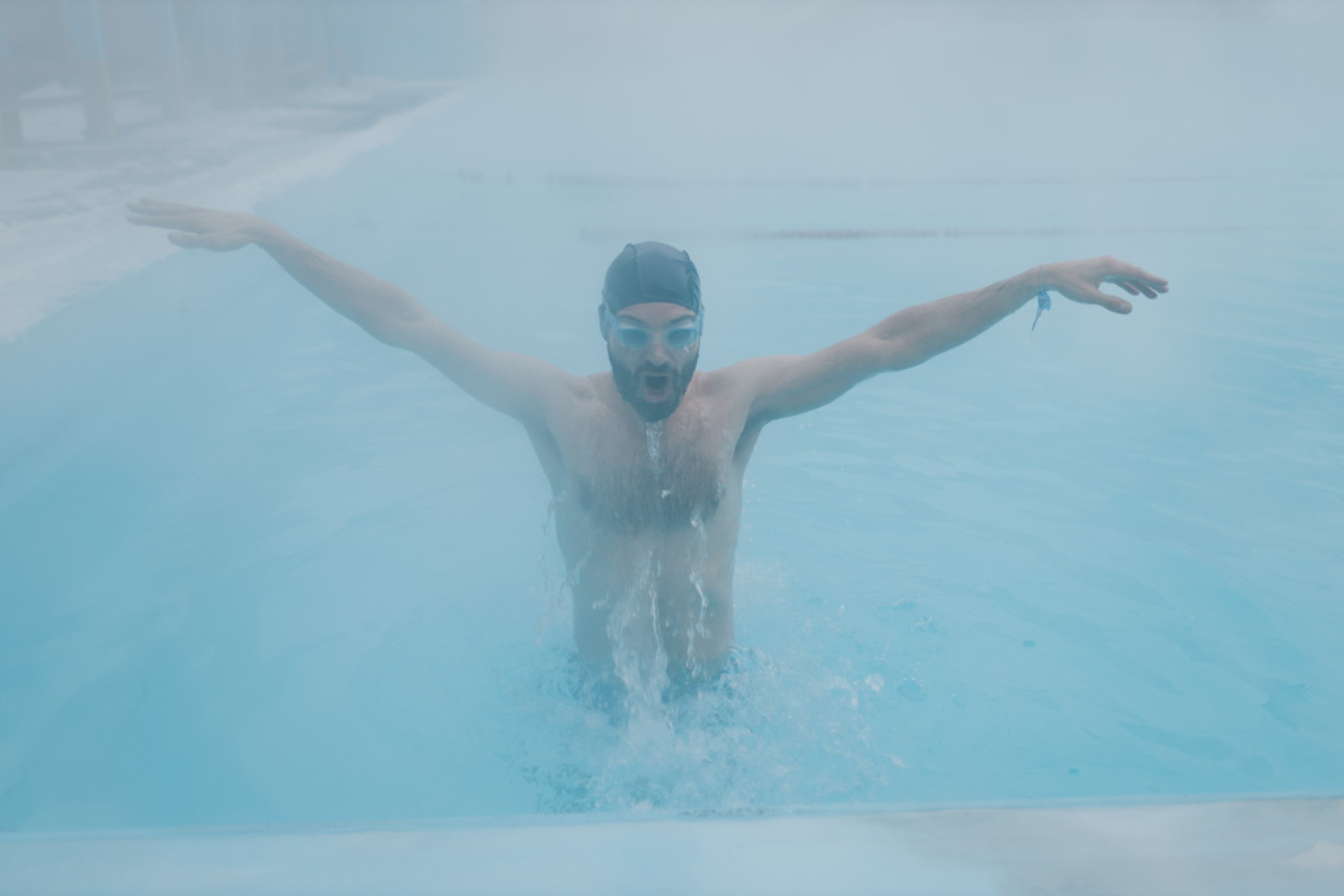
Recovering
As athletes push their physical and mental limits, the recovery process helps them recover from grueling training sessions, prevent injuries and optimize performance.
Rest and sleep
Adequate rest and sufficient sleep are essential for recovery.
Athletes generally place a high emphasis on getting 8 to 10 hours of uninterrupted sleep each night to allow their body to repair and recharge.
Periods of rest during the day, such as naps, are also incorporated into the recovery routine.
Nutrition
Our cooks work closely with your nutritionists to develop personalized dietary plans focused on replenishing energy stores, repairing muscle tissue and promoting overall health.
Active recovery
Engaging in low-intensity activities that promote blood circulation and muscle relaxation is an important aspect of the recovery process.
This may include light stretching, yoga, or low-impact exercises. Active recovery helps reduce muscle soreness, improve flexibility and promote general circulation.
Physiotherapy and Massages
Your physiotherapists or sports massage therapists have dedicated spaces to treat muscular imbalances, minor injuries or specific areas of tension.
They take their techniques like massage, stretching and targeted exercises right to the training site to improve recovery, promote healing and prevent further injuries.
Cold and heat therapies
Cold therapy, such as ice baths or cryotherapy, is commonly used to reduce inflammation, relieve pain, and promote muscle recovery.
Heat therapy, through methods such as hot baths, is used to relax and unwind.
Mental recovery
Recovery is not only physical, but also mental.
Athletes practice techniques such as meditation, mindfulness or visualization to promote relaxation, reduce stress and improve mental focus.
Making time for hobbies, spending quality time with loved ones, or participating in activities unrelated to training also helps with mental recovery.
Monitoring and evaluation
Throughout the recovery process, athletes and their support teams closely monitor various performance indicators.
This may include tracking metrics of heart rate variability, sleep quality, stress levels and general well-being.
Evaluating this data allows training sessions and recovery strategies to be adjusted as needed.